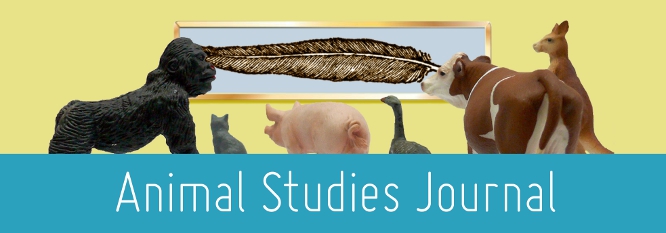Home > assh > ASJ > Vol. 5 (2016) > No. 2

100% Pure Pigs: New Zealand and the Cultivation of Pure Auckland Island Pigs for Xenotransplantation
Abstract
In 2008, the New Zealand based company Living Cell Technologies (LCT) was granted approval for human clinical trials of animal-to-human transplantation (xenotransplantation) in New Zealand. This was one of the first human clinical trials to go ahead globally following regulatory tightening in the 1990s due to concerns over disease transmission. In response to these disease concerns LCT is using special pigs, isolated on Auckland Island for 200 years and deemed to be the cleanest in the world. This article explores the way that LCT leverages off New Zealand national narratives of purity to market the Auckland Island pigs as safe xenotransplantation products. LCT’s marketing strategy relies on the Auckland Island pigs’ origin story, which aligns with a broader 100% Pure New Zealand narrative, locates them geographically within an established mapping of purity and cleanliness, and links them to a problematic myth of ‘pure nature.’ Biological and social concerns about contagion in xenotansplantation are routed through a well-rehearsed national imaginary of purity, which helps both to figure the pigs as disease free, and to position them socially and ethically in relation to humans as pure, other, and a natural resource.
Recommended Citation
Carr, Rachel, 100% Pure Pigs: New Zealand and the Cultivation of Pure Auckland Island Pigs for Xenotransplantation, Animal Studies Journal, 5(2), 2016, 78-100.Available at:https://ro.uow.edu.au/asj/vol5/iss2/5
Included in
Art and Design Commons, Australian Studies Commons, Creative Writing Commons, Digital Humanities Commons, Education Commons, Feminist, Gender, and Sexuality Studies Commons, Film and Media Studies Commons, Fine Arts Commons, Philosophy Commons, Social and Behavioral Sciences Commons, Theatre and Performance Studies Commons

